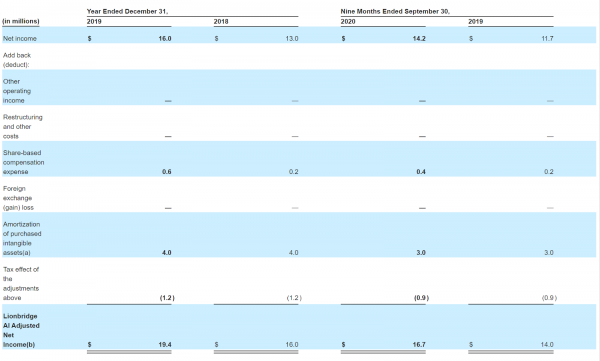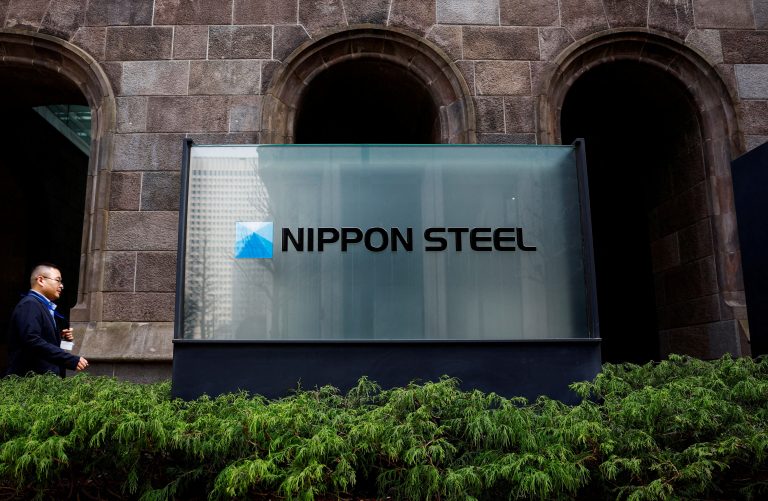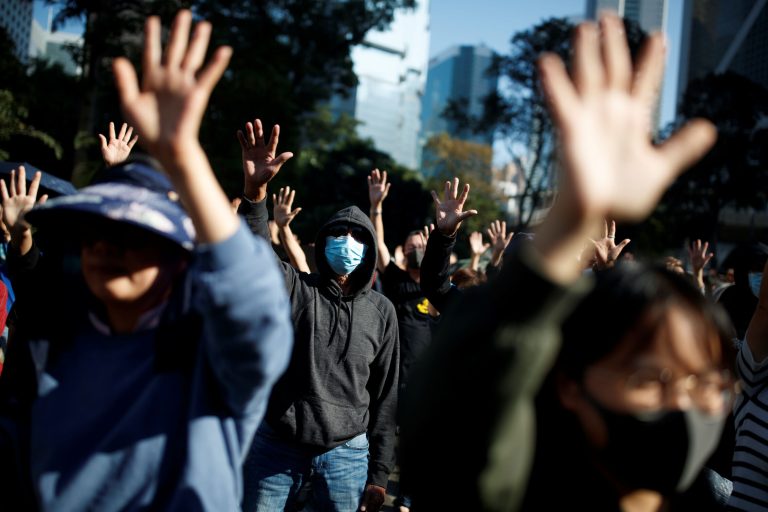Canadian telecom giant Telus (TSX: T) is being probed by the United States government over its connections to Chinese Communist Party (CCP)-controlled enterprises as part of a review of newly-public subsidiary Telus International (NYSE: TIXT) and its acquisition of Lionbridge AI, an artificial intelligence and data annotation firm.
According to the Canadian media outlet The Globe and Mail, the Committee on Foreign Intelligence in the United States (CFIUS) made the voluntary request to Telus to examine its commercial relationships with Chinese equipment manufacturers such as ZTE and Huawei. While Huawei is currently on a Pentagon blacklist of “Communist Chinese military companies” connected with the Party’s People’s Liberation Army (PLA), which places major restrictions on U.S. entities’ abilities to do business with it, ZTE is merely listed as a “national security threat” by the FCC.
The CEO of Telus International, Jeff Puritt, told The Globe and Mail he thinks the CFIUS probe is an “abuse of process,” but he decided to comply without putting up a fight because: “I thought, ‘Okay, well, I’m probably going to be doing more deals in the U.S.’… Getting into a spitting match … [with] CFIUS out of the gate is not the best approach.”
Puritt downplayed the severity and implication of the U.S. government probe: “The CFIUS folks came to us and said, ‘We’re not ready to give you our approval, but it’s not because we have any concerns about the transaction, but rather it’s because two of our sister departments, Justice and Defense, would like to use our CFIUS review process to enhance their understanding of a relationship that your parent company Telus has with some technology vendors from Asia.’”
Telus International is paying $939 million for Lionbridge AI, a company that TIXT’s SEC Filings describe as “annotates data in text, images, videos and audio in more than 300 languages and dialects for technology companies in social media, search, retail and mobile.”
Success
You are now signed up for our newsletter
Success
Check your email to complete sign up
According to disclosures, Lionbridge AI’s 2020 Adjusted Net Income was only $16.7 million.

Representatives from parent company Telus met with the CFIUS and the Departments of Justice and Defense, according to The Globe and Mail. Puritt expects the review to conclude within February.
In Canada, the telecom market is divided effectively among a cartel composed of Rogers, Bell Canada, and Telus. According to a September study published by The Markup utilizing data from a 2016 FCC study, Canada is one of the most expensive countries on the planet to use mobile data, finding an average cost of 15 cents to refresh Twitter and $12.55 to use Netflix for an hour. Canadian telecoms have certainly improved their plans in the last several years, but not by much.
According to the Globe, Bell and Telus “used gear from Huawei extensively in their fourth-generation wireless infrastructure,” but have “vowed not to use Huawei gear for their fifth-generation networks unless Ottawa allows it.”
Canada is the only country in the Five Eyes intelligence alliance, which includes Australia, the UK, and New Zealand, that has failed to either ban or restrict Huawei equipment from its 5G rollout.
In a March report published by the MacDonald Laurier Institute entitled “Huawei Risk is a China Risk: Why Canada Needs to Ban Huawei’s Involvement in 5G,” the Canadian think tank asked the core question in its Executive Summary: “Should Canada ban Huawei from its 5G system?”
The answer is clear. “Yes, if strategic decisions concerning the safety of our national infrastructure are to be informed by national interest rather than business calculation alone.”
One of the considerations the report examined is the financial impact of a ban on Huawei in Canada’s 5G network on Bell and Telus, noting the two had each already spent somewhere in the range of several hundred million to north of one billion dollars purchasing Huawei equipment.
“Less known to the public is that Bell and Telus can potentially absorb such replacement costs, given their steady annual net profits in the billions of dollars (e.g., $3 billion for Bell and $1.6 billion for Telus in 2018) and persistent annual increase in shareholders’ dividends (e.g., a 117 percent increase from 2008-2018 for Bell shareholders and 72 percent increase for Telus from 2012-2018),” said the study, authored by Duanjie Chen, a Munk Senior Fellow at the Institute with a Ph.D. in economics.

Nova Daly, a senior public policy advisor at Wiley Rein LLP, used to run the CFIUS process while he was Deputy Assistant Secretary for Investment Security and Policy at the Treasury Department. He told the Globe: “[CFIUS] doesn’t do this very often unless it sees a really bona fide and legitimate national security matter and feels it needs to address it, either separately or in the context of the review it’s looking at.”
Daly acknowledged the national security threats posed by Huawei and ZTE had “clearly been a forefront issue for the United States…This isn’t just a new explosive issue that’s just found its way to the forefront — it’s been going for quite a while.”
Telus International disclosed the review as a risk in the filing of documents with the SEC as part of its IPO. According to BNN Bloomberg, the Telus International IPO price was US$25. The stock opened its debut on the NYSE at $33.10 on Wednesday before closing out the week at $31.58 USD, giving Telus International a market capitalization of approximately $8.39 billion.
Parent company Telus boasts a market cap of $27.24 billion on the NYSE by comparison.
Follow us on Twitter or subscribe to our email list















